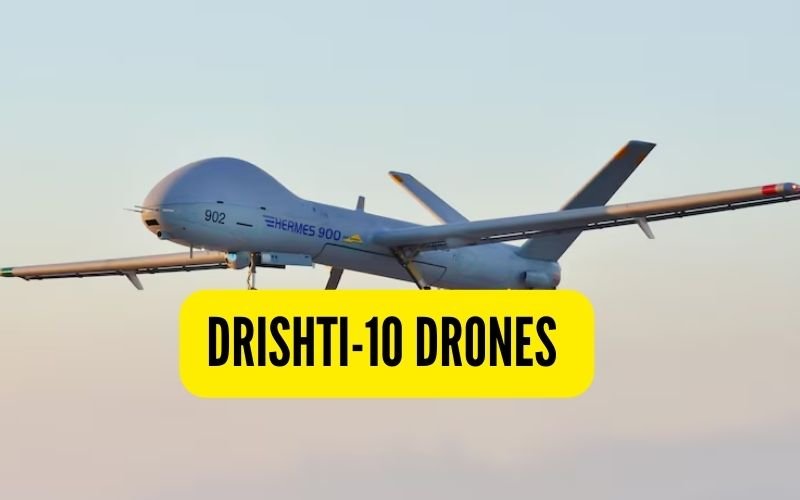
IAF reveals the causes behind the inadvertent BrahMos missile launch into Pakistan
The Indian Air Force (IAF) has unveiled the underlying causes behind the inadvertent firing of a BrahMos combat missile, which landed in Pakistan in March 2022. In a response submitted to the Delhi High Court, the IAF stated that the combat connectors of the BrahMos missile “remained attached to the junction box,” resulting in the accidental missile launch.
Revealing pertinent findings from the Court of Inquiry conducted in March 2022 to investigate the incident, the IAF further indicated that the convoy commander of a road convoy, slated for movement as part of an inspection, “failed to ensure the safe transit of the convoy by neglecting to disconnect the combat connectors of all loaded missiles” on the mobile autonomous launcher before the movement commenced.
 Describing the incident as one with repercussions on India’s relations with Pakistan, the IAF informed the HC that a “deliberate and thoughtful decision” was made to invoke the “President’s pleasure” clause to terminate the services of three officials. Wing Commander UN Pathak, Deputy Judge Advocate General, conveyed to the court that such a decision was made in the IAF after 23 years due to the circumstances surrounding the case. The decision to terminate the services of the three officers was deemed necessary to prevent sensitive information from becoming public knowledge, which could jeopardize national security interests.
Describing the incident as one with repercussions on India’s relations with Pakistan, the IAF informed the HC that a “deliberate and thoughtful decision” was made to invoke the “President’s pleasure” clause to terminate the services of three officials. Wing Commander UN Pathak, Deputy Judge Advocate General, conveyed to the court that such a decision was made in the IAF after 23 years due to the circumstances surrounding the case. The decision to terminate the services of the three officers was deemed necessary to prevent sensitive information from becoming public knowledge, which could jeopardize national security interests.
The Court of Inquiry concluded that the combat crew, aware that the combat connectors of combat missiles were connected to the junction box, failed to intervene to prevent the Mobile Autonomous Launcher commander from launching the Combat Missile, resulting in its launch into the neighboring nation. This act posed a potential threat to airborne/ground objects/personnel, tarnished the reputation of the Indian Air Force and the nation, and caused a loss of ₹24,90,85,000.00 to the government exchequer.
These actions were found to be violations of the “Combat op SOP” of March 2021.
The response was filed in response to a petition filed by Wing Commander Abhinav Sharma, who accused the Air Commodore and Squadron Leader of disregarding safety protocols and ignoring warnings about the danger of firing a live weapon.
 Disputing the allegations, the IAF clarified that Air Commodore JT Kurien was not accountable for the unit’s operations as claimed by the petitioner. The IAF dismissed the petitioner’s claims against Kurien as baseless and lacking supporting evidence.
Disputing the allegations, the IAF clarified that Air Commodore JT Kurien was not accountable for the unit’s operations as claimed by the petitioner. The IAF dismissed the petitioner’s claims against Kurien as baseless and lacking supporting evidence.
The IAF refuted Sharma’s assertion that he was unable to prevent the missile launch, stating that he witnessed all activities inside the Mobile Autonomous Launcher and was aware of the actions taken by the Ops officer.
The reply elaborated on the reason for invoking the “Doctrine of President’s Pleasure,” denying the petitioner’s claim that it was invoked solely to bypass the dismissal procedure for misconduct. The Court of Inquiry, which examined 16 witnesses, held Group Captain Saurabh Gupta, Squadron Leader Pranjal Singh, and the petitioner accountable for various acts leading to the missile firing.



